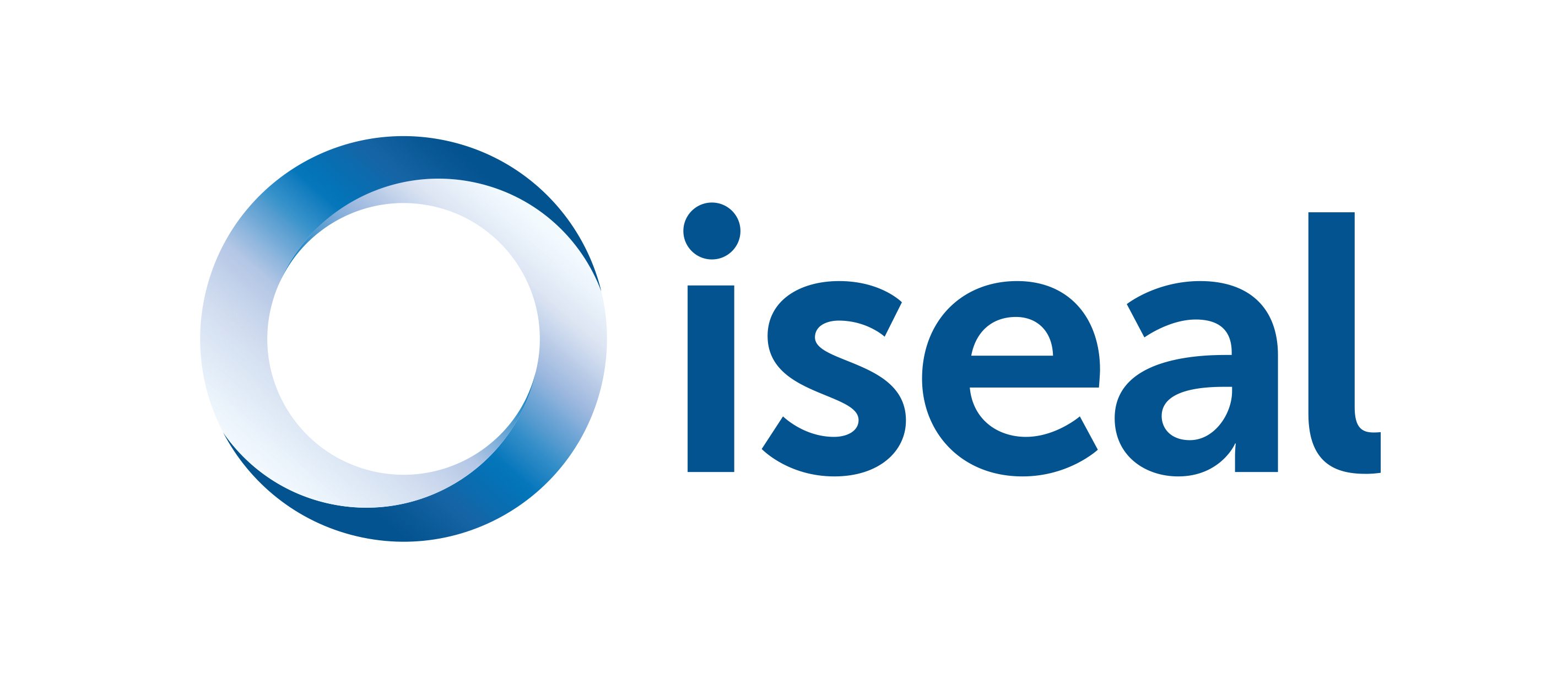Sustainability Systems Come Together To Tackle Gender Equality in Supply Chains
November 29, 2023 /3BL/ - The world won’t meet its sustainability goals without addressing gender issues – and sustainability standards and similar systems have an important role to play. That was the message from a recent session at India and Sustainability Standards 2023 conference exploring the challenges and opportunities for sustainability systems to contribute to gender equality in supply chains, hosted by ISEAL and CGIAR Initiative on Gender Equality.
Gender equality is one of the UN Sustainable Development Goals for 2030, and is crucial to achieving many of the other goals, from eradicating poverty and hunger, to decent work and economic growth, peace and justice. Yet at current rates of progress, it will take up to 140 years for women to be represented equally in positions of power and leadership in the workplace, while progress on some indicators has gone into reverse following the Covid-19 pandemic.
There is also a clear business case for tackling gender inequities. Studies show that businesses that support women workers and improve conditions for women throughout their supply chains benefit from improved health and safety, ethical and legal compliance, strengthened staff motivation and improved productivity.
The session heard how sustainability systems such as the Rainforest Alliance and Better Cotton are seeking to address gender issues within their standards, projects, collaborations and monitoring. It also heard from the Anker Research Institute on how women’s specific needs are incorporated into methodologies for calculating living wage benchmarks.
Sustainability systems can raise the bar on what’s expected of companies and their supply chains in many areas, and gender is no exception. Dr. Madhuri Nanda, Director South Asia, Rainforest Alliance, highlighted the importance of working with companies and communities to assess and address the most important issues. Collecting data to identify gender gaps and needs is an important first step to addressing them, she added.
Vidyun Rathore from Better Cotton explained how the previous version of its standard addressed gender equality in terms of fair wages and labour rights, but that its newly updated standard makes gender a cross-cutting priority. Better Cotton has also previously worked with Care International to develop and pilot a women’s empowerment composite indicator for the Delta Framework, which she believes could be incorporated into sustainability standards and certification schemes.
Dr. Nidhi Kaicker, who has conducted research for the Anker Research Institute, also highlighted the importance of collecting disaggregated data to better understand gender pay gaps. Sustainability systems that want to support equitable living incomes need to take account of issues such as differences in the type of work done by men and women, and the higher burden of unpaid care work that typically falls on women.
Participants stressed that addressing structural and cultural barriers to gender equality is a long-term process, and that behaviour change takes time. Nevertheless, there is a great deal of work already being done in this area that sustainability systems can build on. Ultimately, multiple actors – including businesses, governments, NGOs and researchers – need to work together collectively to achieve gender equality in supply chains.
ISEAL and CGIAR are working together to explore challenges, opportunities and best practices for sustainability systems to advance gender equality in supply chains and agrifood systems. To find out more, click here.
Notes:
- ISEAL is the global membership organisation for ambitious, collaborative and transparent sustainability systems. ISEAL is driving collective efforts to tackle the most pressing sustainability issues and create a world where markets are a force for good. ISEAL supports sustainability systems and their partners in delivering solutions to critical global challenges, so that companies and governments can meet their sustainability commitments and the UN Sustainable Development Goals. ISEAL drives improvement by defining credible practice; convening forums for collaboration, sharing of experience, and collective action; delivering expertise, advice and training; and facilitating and promoting innovation to strengthen sustainability systems.
- The CGIAR HER+ Gender Equality Research Initiative is designed to address challenges to gender equality in agrifood systems in times of climate change. The Initiative aims to use impactful gender research to address four dimensions of gender inequality by applying gender-transformative approaches to harmful norms, bundling socio-technical innovations for women’s empowerment, leveraging social protection to increase women’s access to and control over resources, and promoting inclusive governance and policies for increased resilience. The research is supported by funders through their contributions to the CGIAR Trust Fund.

